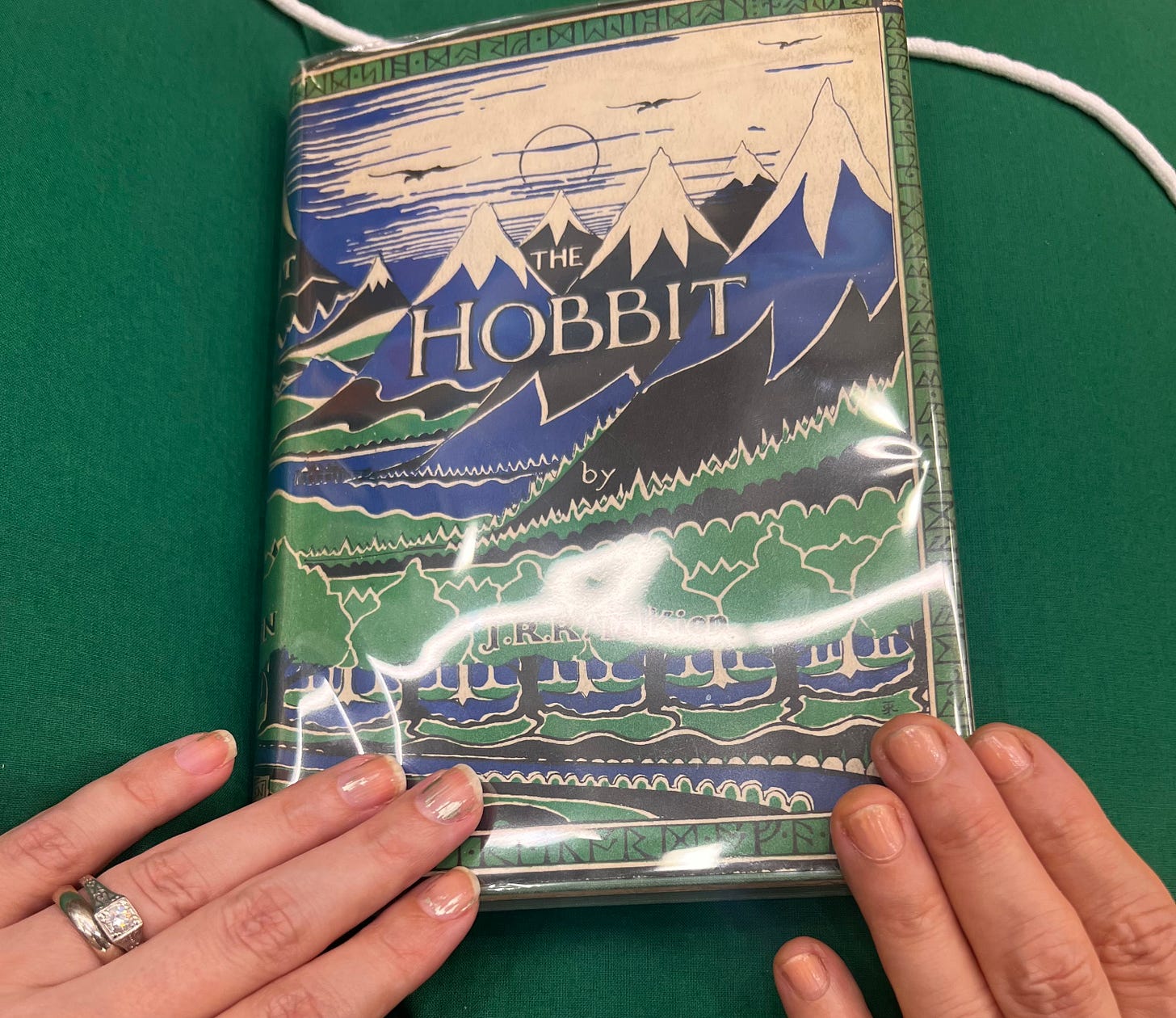Sunday Post - Libraries I Love
Hobbits, Heroes, Tour Schedule, News
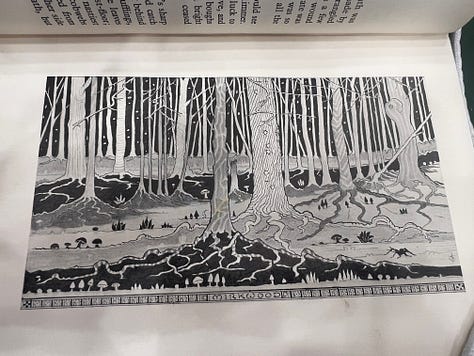
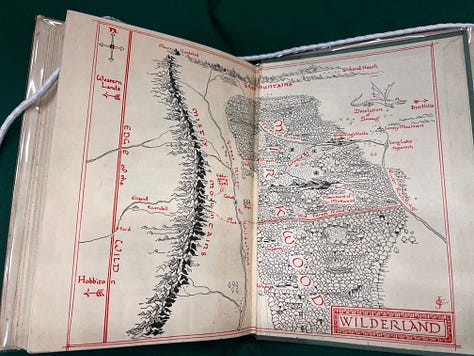
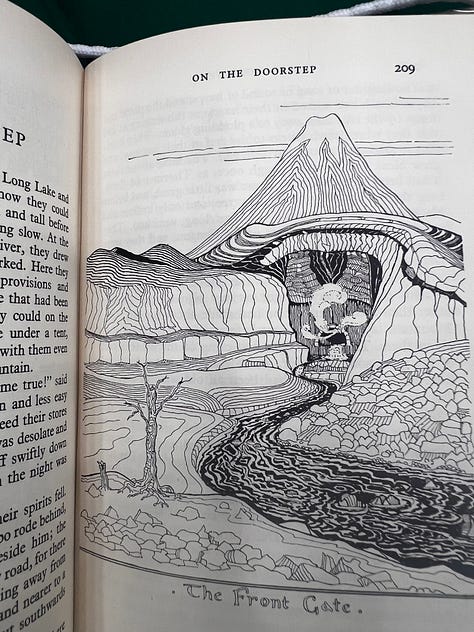
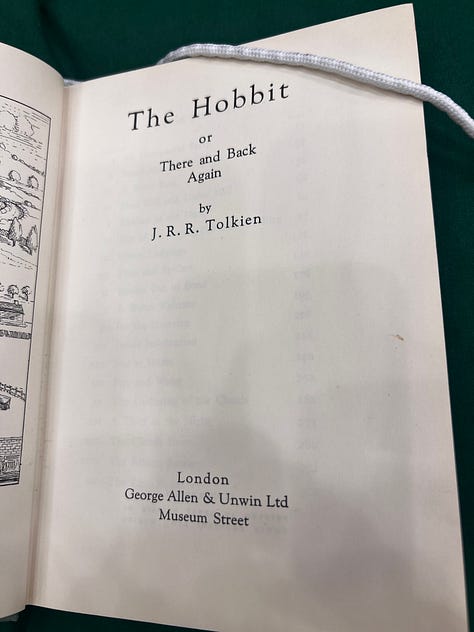
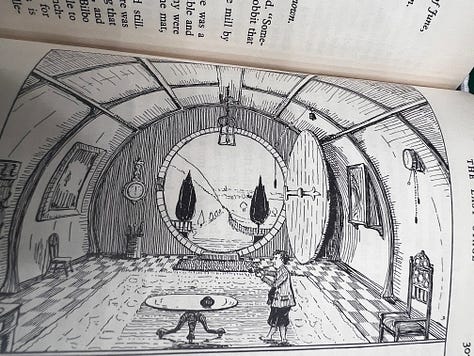
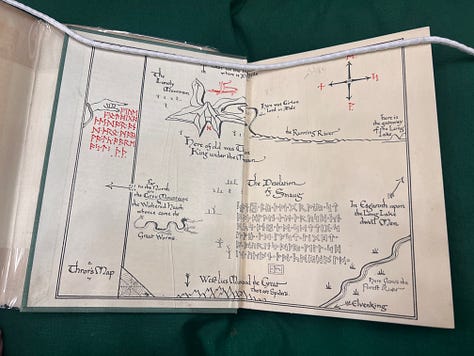
A few weeks ago my daughter, Amelia, and I visited the Lilly Library. The Lilly Library is located at the IU campus in Bloomington Indiana and is world renowned for its extensive collections of books, manuscripts, music, images, and much much more. It really is a world class library with changing main exhibit rooms and a reading room where you can re…
Keep reading with a 7-day free trial
Subscribe to A Gathering of Spirits to keep reading this post and get 7 days of free access to the full post archives.


